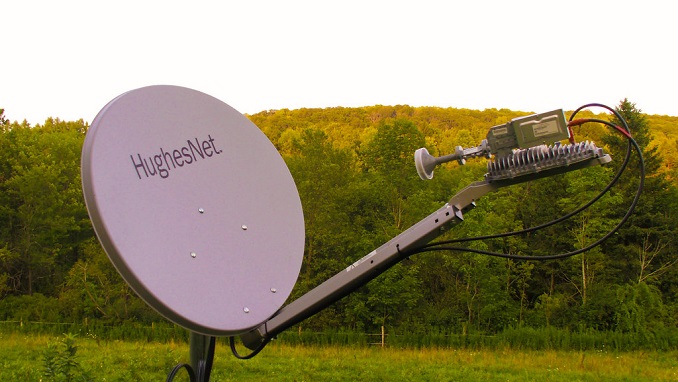Russia on Monday carried out tests on its ‘sovereign internet’ to ensure the “security” of the infrastructure in case of a foreign cyberattack, NDTV reported.
Internet activists have warned the move could also tighten censorship and lead to online isolation.
A controversial law that allows the country to cut internet traffic from international servers came into force in November, but the communications ministry has denied that the government is gearing up to isolate the Russian segment of the internet and said ordinary users would not notice the tests.
The ministry has said that the drills are aimed at ensuring the “integrity” of the internet.
The law, which President Vladimir Putin signed in May, requires Russian internet providers to install equipment provided by the authorities to enable centralised control of traffic.
They will also filter content to prevent access to banned websites. At his annual news conference last week, Putin defended Russia’s internet policies, promising that the country was not “moving towards closing off the internet.”
“A free internet and a sovereign internet are two concepts that aren’t mutually exclusive,” he said.
The internet is the country’s main forum for political debate and opposing voices as well as coordinating opposition demonstrations. The new system is set to go online in 2021.
Internet providers need to ensure before that time that their networks have the technical means for “centralised traffic control” to counter potential threats.
The main providers have already begun installing the required equipment including Deep Packet Inspection (DPI) which would allow Russia’s Roskomnadzor internet watchdog to analyze and filter traffic.












